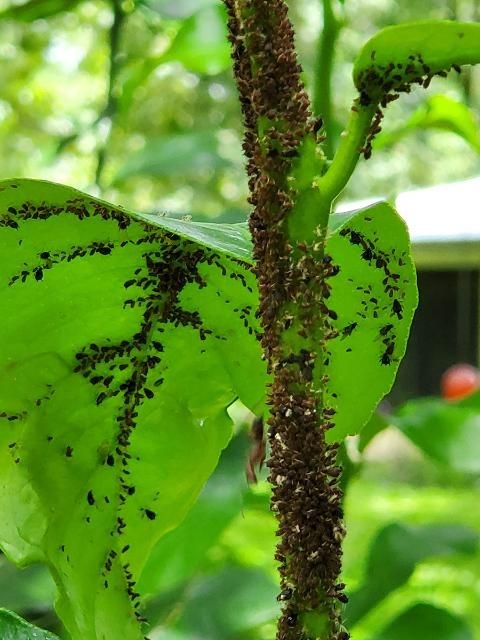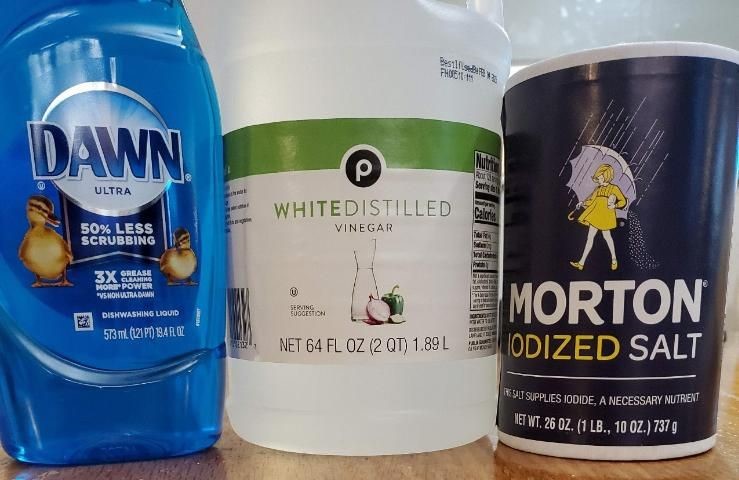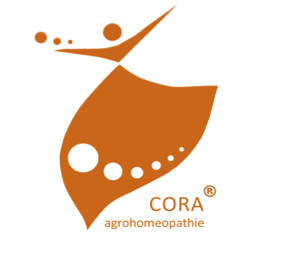Turn foods into helpers in the garden? The operation was successful, the patient died! Thus, we can describe many times the results of such doing.
Mixing food and to hygiene dedicated productics to help in the garden is becoming a national sport. This is probbanly more or less the case in many parts of the world.
Even such rudiments as salting the soil are becoming popular experimental practices. Soil salinization causes the plants to become thirsty at most, because after consuming the brine from the soil, they become increasingly thirsty, draw more and more of it, and therefore become fatter. Salt water disrupts the osmotic balance, and with it the ability to feed cells and the ability to excrete cellular metabolites. But, people are quickly impressed by the first results and there is a flood of all kinds of advice on social networks.
First of all, I want to raise the question of what is the real reason why plants are attacked by pests and plant diseases. Any problem can only be solved by eliminating its real causes. Then the symptoms themselves gradually disappear. Anyone who has carefully observed the natural order in the garden has probably already seen that plant diseases and plant pests do not attack all plants at once. This is true, those plants that have a sufficiently strong own vitality, consequently have a sufficiently strong own resistance to plant diseases and plant pests. Such plants will not be attacked, eaten, sucked or destroyed by plant diseases and plant diseases. Because according to the natural order, the task of pests and diseases is to destroy, kill what is weak and sick among the plants. So, it does not make sense to attack plant pests, to try to kill them in every way, because this does not save our plants in the long term.
Anyone who thinks that everything that is natural is safe for consumption is seriously mistaken. Natural plant extracts also contain active substances for which chemical formulas can be written. They are nevertheless significantly different from those that are made artificially in factories. Living matter radiates biophotons, i.e. natural life energy in the form of very small energy packets. Factory-produced chemicals are dead, without life energy, because they do not have these life qualities, they do not emit biophotons.
When we mix different substances together, their mixtures or some new substance with different properties are formed. It can be e.g. toxic, harmful to soil, microorganisms, plants or possibly even humans.
Everything that is written on Facebook and other social networks is not true. Even some of these instructions from an agricultural consultant are such that he should at least blush with shame for spreading them.
So, to summarize: Not everything can be put into the molds of legislation. Human legislation is infinitely too narrow, too shallow, too low for the Natural Order.
It is also true that even in the field of preparations for controlling plant diseases and pests, we recognize the fear of the profession leaving out something essential. He must have safe food and the health of ecosystems in front of his eyes. The energy balance of ecosystems should also be kept in mind, as the health of ecosystems and related biodiversity depend on this. But, in my opinion, this is part of the new story, the old story is conceived differently.
Both extremes – too little and too strict legislation are pointless and can quickly become absurd.
It is good that more information gets to the lay public as well. With good intentions. This contributes to general awareness, and to greater order, many watchful eyes can also notice possible absurd extremes in the application of legislation in the field of plant protection. Legislation Authors should be properly warned about possible such things.
“Pests of all shapes and sizes have vexed humanity since our earliest days. From disease-carrying mosquitos, to weeds and insects that reduce crop yields, to disease in well-manicured rose gardens, pests often require some level of management. UF/IFAS recommends an integrated pest management (IPM) plan that seeks to utilize all available management tools to effectively mitigate pest problems.
Figure 1. Pests (aphids) feeding on citrus tree. Credit: Brett Bultemeier, UF/IFAS
One of the tools in the IPM toolbox is pesticides. The US Environmental Protection Agency (EPA) (2018) defines a pesticide as:
- Any substance or mixture of substances intended for preventing, destroying, repelling, or mitigating any pest
- Any substance or mixture of substances intended for use as a plant regulator, defoliant, or desiccant
- Any nitrogen stabilizer
Though pesticides are thoroughly tested and pose little risk to the applicator or environment when used according to the label, many individuals are not comfortable with chemical pest management options. There are gardening newsletters or social media posts that discuss “do-it-yourself” pesticide mixes that can be made using common household ingredients. This can be viewed as a great alternative to conventional pesticides, but before using the homemade mixes, we need to address some fundamental questions:
- Are these homemade pesticides legal to use?
and
- If so, can I request my lawn contractor to use these mixtures?
Figure 2. Example of ingredients often listed for “homemade” pesticides.
Credit: Brett Bultemeier, UF/IFAS
Are homemade mixtures “pesticides”?
According to the definition above, if a substance is meant to kill, repel, or reduce the impact of a “pest,” be it a weed, bug, or animal, it is a pesticide. Furthermore, many home remedies will label themselves as “organic” or “natural.” Although these mixes might be “organic,” like vinegar and salt mixes, they are still classified as pesticides if they are used to manage a pest. In short, if you are making and using a substance with the intent of reducing a pest population, you are using a pesticide.
Are homemade pesticides legal?
The EPA further classifies that something is likely to be a pesticide and regulated under the purview of the EPA if:
1) it makes claims of pest control;
2) it is distributed and sold as such; or 3) it is utilized as a service that claims to control a pest (this counts as distribution) (FIFRA Federal Regulations e-CFR Title 40, Chapter 1, Subchapter E, Part 152, Subpart A). Therefore, if someone were to mix a batch of a “homemade pesticide for weed control” in their garage and provide it to their neighbors claiming that it will control a pest, then they have just distributed a pesticide. If it isn’t registered, then both state and federal laws have been broken, and legal consequences could be imposed.
What if that same person decides not to give away or sell their home remedy, but sprays it on neighbors’ lawns and charges for the application? They have now been contracted for pesticide work, which requires the use of a registered pesticide. If that home remedy isn’t registered by the EPA and the Florida Department of Agriculture and Consumer Services, then once again this is illegal.
There are several substances that the EPA has deemed “Minimum Risk Pesticide Products” that can be used without requiring federal registration (Title 40, Chapter 1, Subchapter E, Part 152.25). A homemade pesticide containing only the ingredients listed in that section would not require registration with the EPA. However, that product cannot be used on food, unless food tolerances have been established found in part 180 of Subchapter E and cannot be used against disease-carrying insects or microorganisms that pose a threat to human health. Additionally, the product must bear a label listing the ingredients as a percentage by weight and have information about who made it and how to contact the manufacturer. Further information can be found from the EPA Minimum Risk Pesticides page (https://www.epa.gov/minimum-risk-pesticides).
If homemade pesticides can be illegal, then why are recipes advertised freely online? It is not illegal to make and use homemade pesticides, but it is illegal to sell, distribute (even for free), or apply them as a contractor. Therefore, if someone makes a home remedy in their garage and uses it only on their own property, that might be legal. But there are still two more considerations: 1) Do any of the substances have language preventing them from being put out in the environment? and 2) When they use this homemade pesticide, are they applying it to something they are “producing” and selling, such as vegetables or ornamental plants? If either of these two scenarios exists, then they have again run afoul of legal requirements. If the homemade pesticide has no prohibitions, it is only used on their own property, and they are not producing anything or selling it, then the homemade pesticide would be legal.
It’s legal, but is it safe?
The EPA states that all of its registered products, if used according to all label directions, will not cause undue harm to people, nontarget species, or the environment (EPA 2017). The process for registering a pesticide includes hundreds of tests to determine how long it persists in the environment, the potential to contaminate groundwater, and its toxicity profile, to name a few. All this testing guides where a product can be used, when it can be used, how much can be used, and what safety procedures (i.e., personal protective equipment, or PPE) would be needed. This information is listed on the label and tells users how to utilize that product safely. Home remedies have not gone through this process, and as such there is no safety data or guidance available. This does not mean that a home remedy is inherently dangerous, but that there is no guidance or data to suggest how it can be used safely.
Anytime a pesticide is being used, whether it is registered or not, protecting oneself from exposure is crucial. A registered pesticide gives clear directions on what PPE needs to be utilized, and these requirements are nonnegotiable. If using a homemade pesticide, the same commitment to safety should be taken. The most common route of exposure is exposed skin, with the hands being the most common. Eyes are the most sensitive and responsive to exposure. Therefore, clothing that adequately covers the skin as well as gloves, goggles, and closed-toe shoes are all examples of possible PPE that should be considered. Anytime a pesticide is used, be sure to wash your hands immediately after use and before eating, drinking, or using the restroom. Any clothing that was exposed should be laundered separately from other clothes.
Summary
Anytime a substance is used to manage a pest, regardless of its source, it becomes a pesticide. UF/IFAS recommends the use of EPA-registered products because safety and use information can be clearly found on the label. Any pesticide, registered or homemade, should be used in a manner that limits exposure, and the safety of both the environment and oneself must be considered.” (1)
“Additional Resources
Electronic Code of Federal Regulations. 2020. Title 40, Chapter I, Subchapter E. Pesticide Programs. https://www.ecfr.gov/cgi-bin/text-idx?SID=97a5895fb06ff5db4452500075e9390c&mc=true&tpl=/ecfrbrowse/Title40/40CIsubchapE.tpl
Environmental Protection Agency (EPA). 2017. “Pesticides Must Be Registered with EPA.” https://www.epa.gov/safepestcontrol/pesticides-must-be-registered-epa
Environmental Protection Agency (EPA). 2018. “What Is a Pesticide?” https://www.epa.gov/minimum-risk-pesticides/what-pesticide
Environmental Protection Agency (EPA). 2020. “Pesticides.” https://www.epa.gov/pesticides
UF/IFAS Gardening Solutions. 2020. “Soaps, Detergents, and Pest Management.” https://gardeningsolutions.ifas.ufl.edu/care/pests-and-diseases/pests/management/soaps-detergents-and-pest-management/” (1)
Sources and reference:
(1) Are Homemade “Pesticides” Legal? Article, by Authors: Brett Bultemeier and Jason Ferrell. Published: edis.ifas.ufl.edu. Release Date: October 23, 2020. Reviewed At: November 19, 2023
– RECOMMENDED FURTHER READINGS FROM OUR LIBRARY
- EXPOSED: HIGH RECOMMENDED: THERE IS NO CHANGE WITHOUT CHANGE
–YOU ARE KINDLY INVITED TO EXPLORE POSSIBILITIES FOR OUR MUTUAL BUSINESS COOPERATION – HERE! WELCOME TO CONTACT US AND TO ORDER!
–Kindly invited to folow me on LinkedIn and to join my LinkedIn community. Thank you, you are sincerely welcome.
–UNDER LINK: BUSSINESS CARD with SHORT INTRODUCTION AND OUR GENERAL OFFER! Kindly invited to order! You are sincerelly welcome!
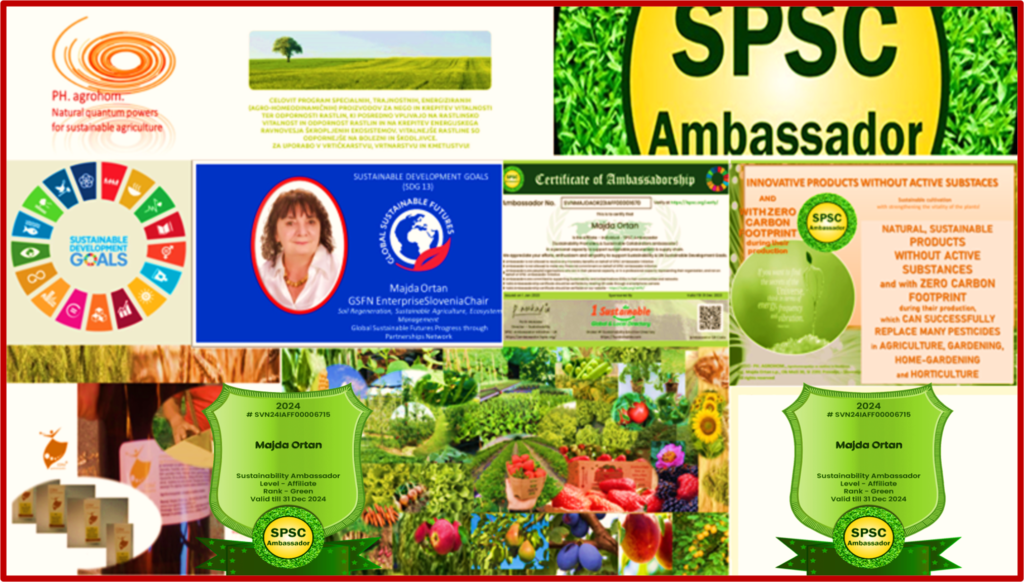
–FIND MORE in OUR SHORT INTRODUCTION AND GENERAL BUSINESS OFFER
–KINDLY INVITED TO DO BUSINESS WITH US AND TO ORDER!
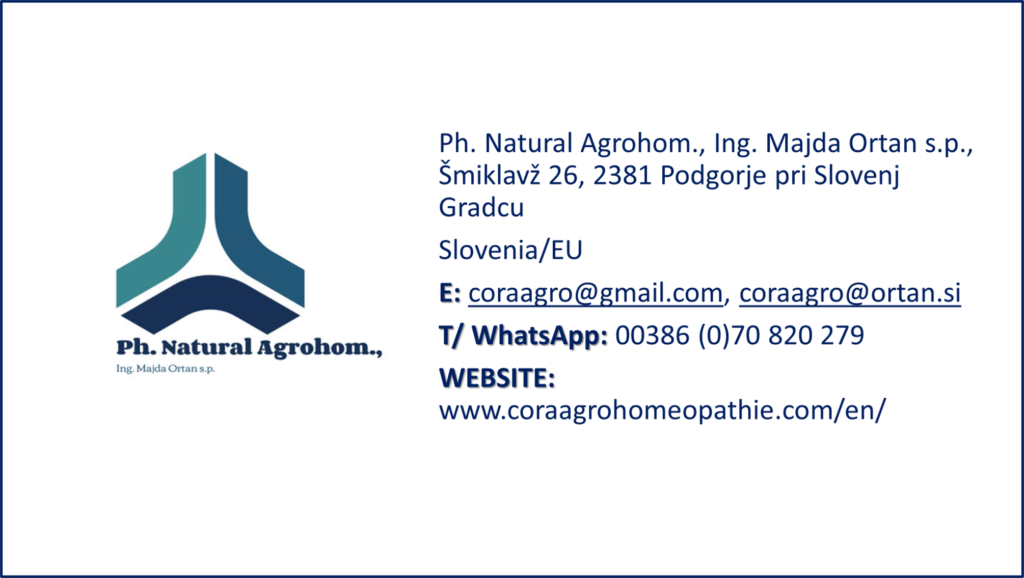
Please, NOTE:
In Majda Ortan’s texts, I only state my personal reflections and my personal views. Dear readers, please take this into account! Thank you!

